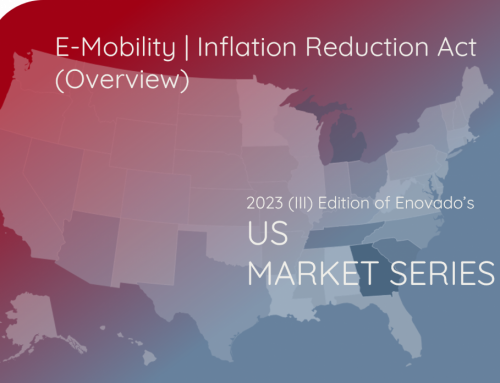The words “smart city” evoke a vision of a city which is superior in planning and is highly digitized in terms of facilities and infrastructure. This vision, although it may be a definite priority for the Indian Government’s desire to create 100 intelligent cities over the next 3 years, is a hard task to accomplish without significant foreign collaboration and investment. A necessary condition for making such a vision a success is the participation of private sector FDI.
India being a unique and diverse nation, its cities reflect a wide array of opportunities, weaknesses and barriers. There is however a tremendous requirement of smart solutions common across most cities in areas such as smart energy, water, waste and transportation, which foreign players can exploit. These verticals offer opportunity by way of manufacturing, consultation, analytics, management, innovation and private-public partnership.
With the present wave of urbanization sweeping across India which in twenty years will witness 590 million Indians living in cities (twice the current population of the USA) that will generate 70% of the nation’s employment rate gives us a flavor for the stakes involved in the Smart City initiative. An estimated $1.2 billion already allocated by the Indian government and a further $1.2 trillion required to turn the Indian Smart City initiative into reality, the recently elected Modi government has passed sweeping reforms in liberalizing foreign flows across virtually all sectors. The Indian government’s mission to woo foreign counterparts is gathering steam with companies across several nations already having put their foot through the door.
Thank you for your interest in “The India Smart City Opportunity”. To see a short version of the report, please click the button below. For the complete report, including an exclusive interview with a senior economic advisor to the Government of India, please contact us at info@enovado.com.




